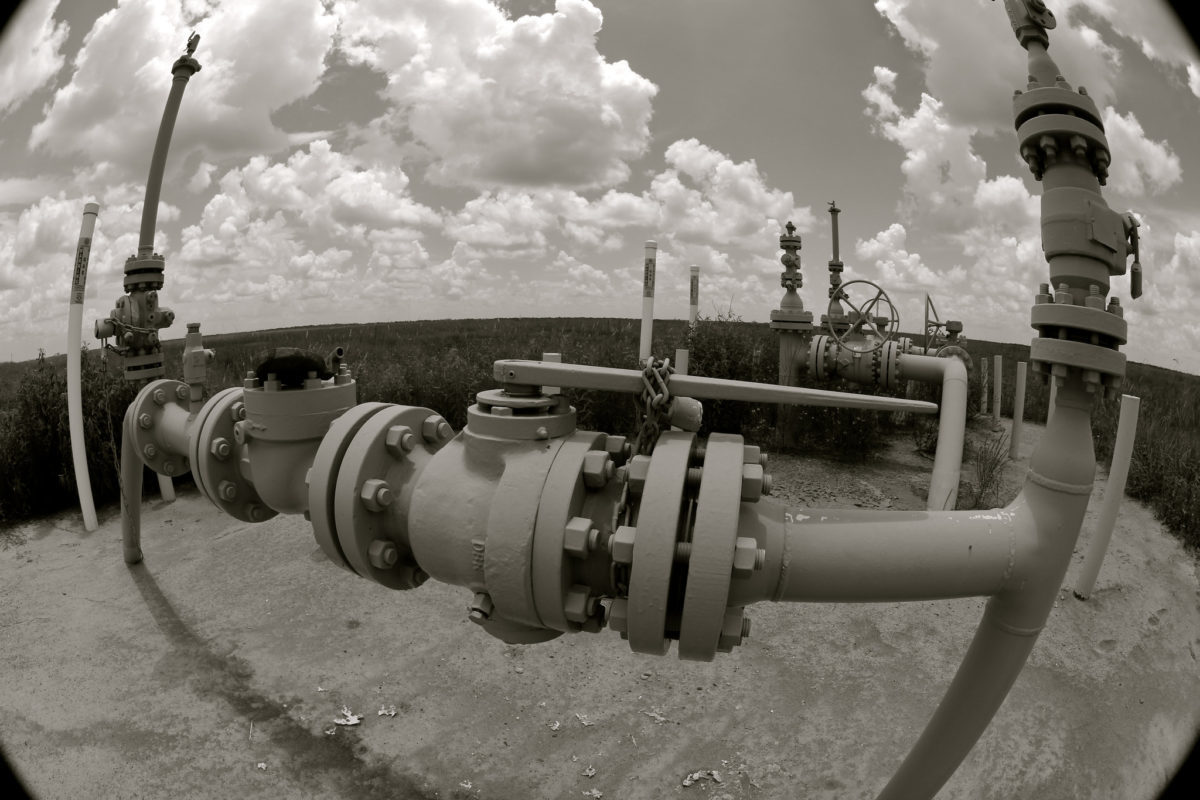BP Australia has announced a feasibility study into a renewable hydrogen and ammonia production facility in Western Australia. The goal of the $4.42 million study is to help BP and the energy sector better understand the possibilities of using hydrogen to export renewable energy at scale.
The feasibility study will deliver a detailed techno-economic evaluation of pilot and commercial-scale green ammonia production plants in Geraldton. This will include an evaluation of the different technologies and process configurations required to manufacture green hydrogen and green ammonia.
The pilot plant in the town of Geraldton will look to produce green hydrogen, using onsite and/or grid-sourced renewable power. Renewable hydrogen would then be converted into approximately 20,000 tonnes of renewable ammonia a year for domestic use. Once developed to commercial scale, this is expected to increase to around 1,000,000 tonnes of green ammonia per annum, targeted at domestic and export markets.
The commercial-scale plant would require around 1.5 GW of power, which BP expects to source from greenfield solar and wind power generation. Solar developer Lightsource BP, a 50:50 joint venture between Lightsource and BP, will provide and advise on renewable power solutions.
BP selected Geraldton as the preferred location for the project due, in part, to its vast solar and wind resources, existing port infrastructure, and proximity to large, long-term Asian markets. In investigating export opportunities, the oil major will leverage its existing trade relationships.
“BP believes that ‘green’ hydrogen, produced using renewable energy, will play an increasingly important role, particularly in parts of the world with high renewable energy potential, such as Western Australia,” BP Chief Operating Officer – Asia Pacific, Frédéric Baudry said.
Government funding
The study has won support from the Australian Renewable Energy Agency (ARENA) to the tune of $1.71 million. “This study presents an important opportunity to support heavy industry to reduce its emissions,” ARENA CEO Darren Miller said. “Early investments in feasibility studies like this will help us to realize the opportunity that renewable hydrogen represents and will ultimately help us to achieve our goal of producing renewable hydrogen and ammonia at a competitive price.”
To achieve the goal of ‘H2 under $2’, ARENA has announced the $70 million Renewable Hydrogen Deployment Funding Round for expression of interest from large-scale renewable hydrogen projects. Applications for the funding round opened on 15 April 2020 and will close on 26 May 2020.
ARENA has committed over $55 million towards hydrogen initiatives so far, including over $22 million to R&D projects, and almost $28 million to demonstration, feasibility, and pilot projects.
Minister for Energy and Emissions Reduction Angus Taylor said the study would allow the Government and ARENA to better understand the economic opportunity and technical implications of a fully integrated renewable hydrogen supply chain. Furthermore, the study will analyze the economic opportunity presented by renewable hydrogen and determine how it can be scaled-up to satisfy future demand.
“This project will build on the strong ammonia production industry that already exists in Western Australia. Utilising renewable hydrogen provides a fantastic opportunity for this industry to reduce emissions and sell a clean, in-demand product to global buyers,” Taylor said. “If proven to be feasible, this project will help the Government to achieve our goal of producing hydrogen at a competitive price and have a positive impact on global emissions.”
BP will partner with GHD Advisory to deliver the feasibility study is expected to be completed by February 2021.
This content is protected by copyright and may not be reused. If you want to cooperate with us and would like to reuse some of our content, please contact: editors@pv-magazine.com.









By submitting this form you agree to pv magazine using your data for the purposes of publishing your comment.
Your personal data will only be disclosed or otherwise transmitted to third parties for the purposes of spam filtering or if this is necessary for technical maintenance of the website. Any other transfer to third parties will not take place unless this is justified on the basis of applicable data protection regulations or if pv magazine is legally obliged to do so.
You may revoke this consent at any time with effect for the future, in which case your personal data will be deleted immediately. Otherwise, your data will be deleted if pv magazine has processed your request or the purpose of data storage is fulfilled.
Further information on data privacy can be found in our Data Protection Policy.